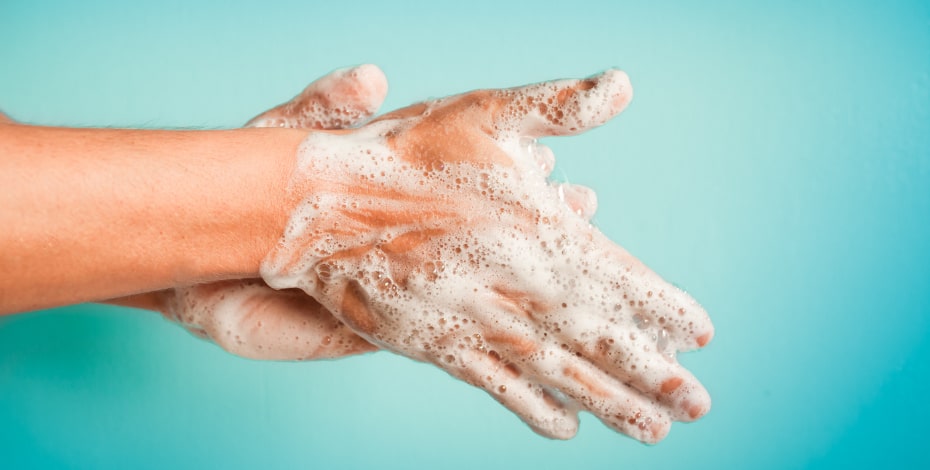
Coronavirus advice is at hand

The nature of their work puts healthcare professionals more at risk of exposure to the novel coronavirus, so the implementation of infection control strategies in the workplace have never been more important.
Preparedness to implement infection control in healthcare practice is instrumental to its efficacy. As such, a suite of online information about the importance and practice of hand washing has been made available to practitioners through the Australian Commission on Safety and Quality in Health Care (ACSQHC), which administers the National Hand Hygiene Initiative.
The Commission encourages practitioners to wash their hands thoroughly and frequently, and provides online learning modules (tinyurl.com/svwarhd) as well as access to a free National Hand Hygiene Initiative manual, which can be downloaded (tinyurl.com/tu52l25). These resources guide practitioners through the process of correct hand washing procedures, the five moments for hand washing, the use of alcohol-based handrubs and glove use as well as soap and water hand hygiene placement and hand hygiene promotion.
COVID-19 is spread through direct close contact with a person who is infected. That includes standing close to them and breathing in droplets that they have coughed or sneezed into the air. But you can also catch coronavirus by touching surfaces that have been contaminated by droplets when they land. Research shows these can last on surfaces for days, which is why the importance of regular, thorough handwashing is being advised.
Washing your hands with soap and water is one of the cheapest forms of infection control, and also one of the most effective. It significantly helps to prevent and slow the spread of infection. The advice for practitioners is to frequently and thoroughly wash their hands to the tune of Happy Birthday—twice.
It is important to wash your hands after you blow your nose, cough or sneeze, after having close physical contact with anyone who is unwell, before and after eating, after using the toilet and before, and during and after the preparation of food. Experts also say you should wash your hands after visiting public spaces, to remove any germs you may have picked up from contaminated surfaces.
The ongoing advice from the ACSQHC is that effective infection control is best achieved by applying a combination of individual measures, the use of appropriate personal protective equipment (PPE) and organisational and environmental measures.
To assist physiotherapists to navigate the coronavirus landscape, links to governing bodies both nationally and throughout the profession have been collated by the APA. On its website, the APA provides a centralised access point for links to the most recent advice from the Department of Health and state authorities as well as printable posters for display in clinics, advice for practice owners and staff, and information and links to resources for practitioners working in aged care.
This information is regularly updated and it references national best practice guidelines and advice, focusing on the practicalities of how to best implement infection control as well as ensure best practice hand hygiene from the ACSQHC.
Healthcare workers caring for patients with suspected novel coronavirus have been advised to use P2 masks to protect against the virus, but these must be fit tested and worn properly. The advice is to contact your local Primary Health Network if you are experiencing difficulty accessing masks.
Go to australian.physio/coronavirus for more details.
© Copyright 2025 by Australian Physiotherapy Association. All rights reserved.





